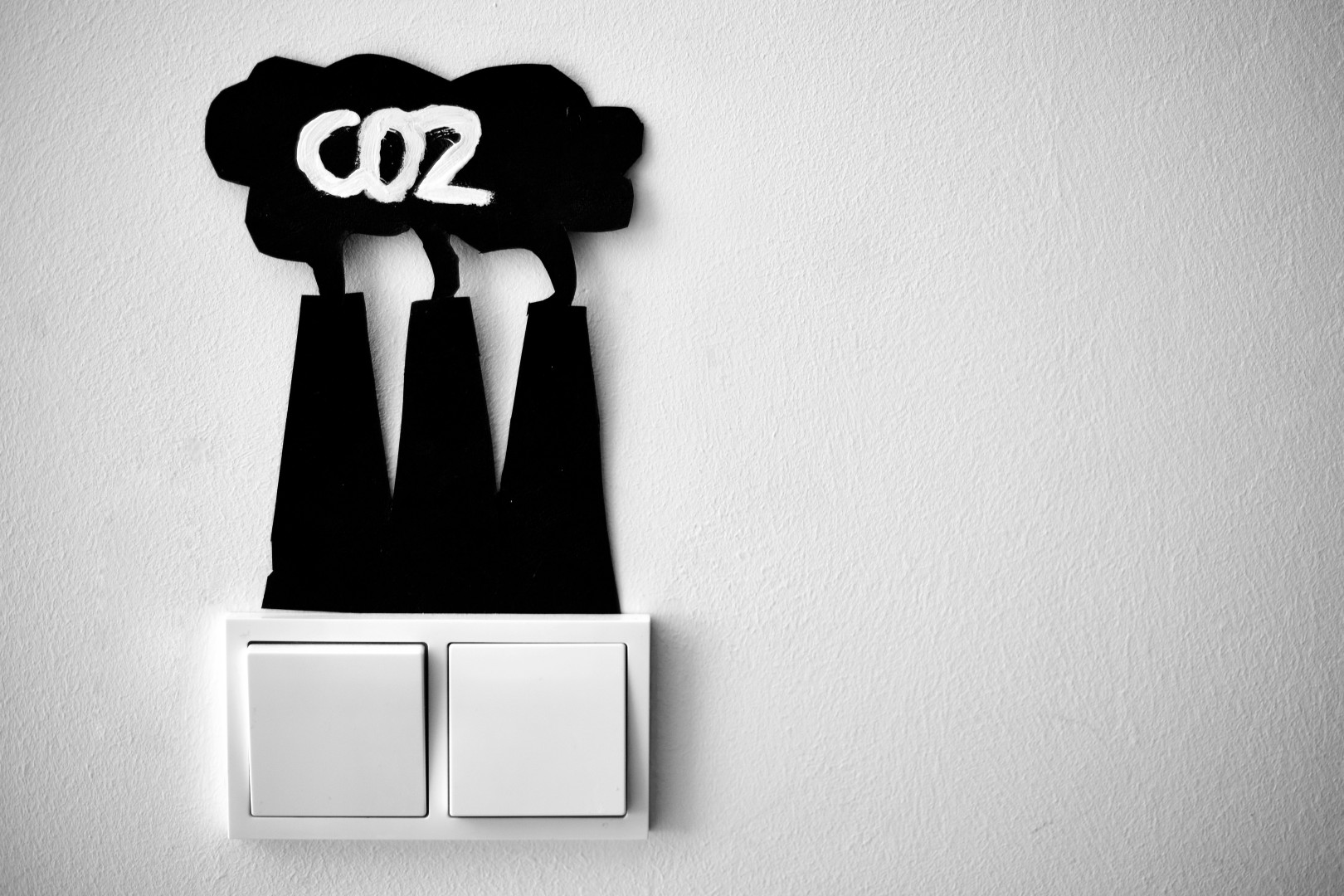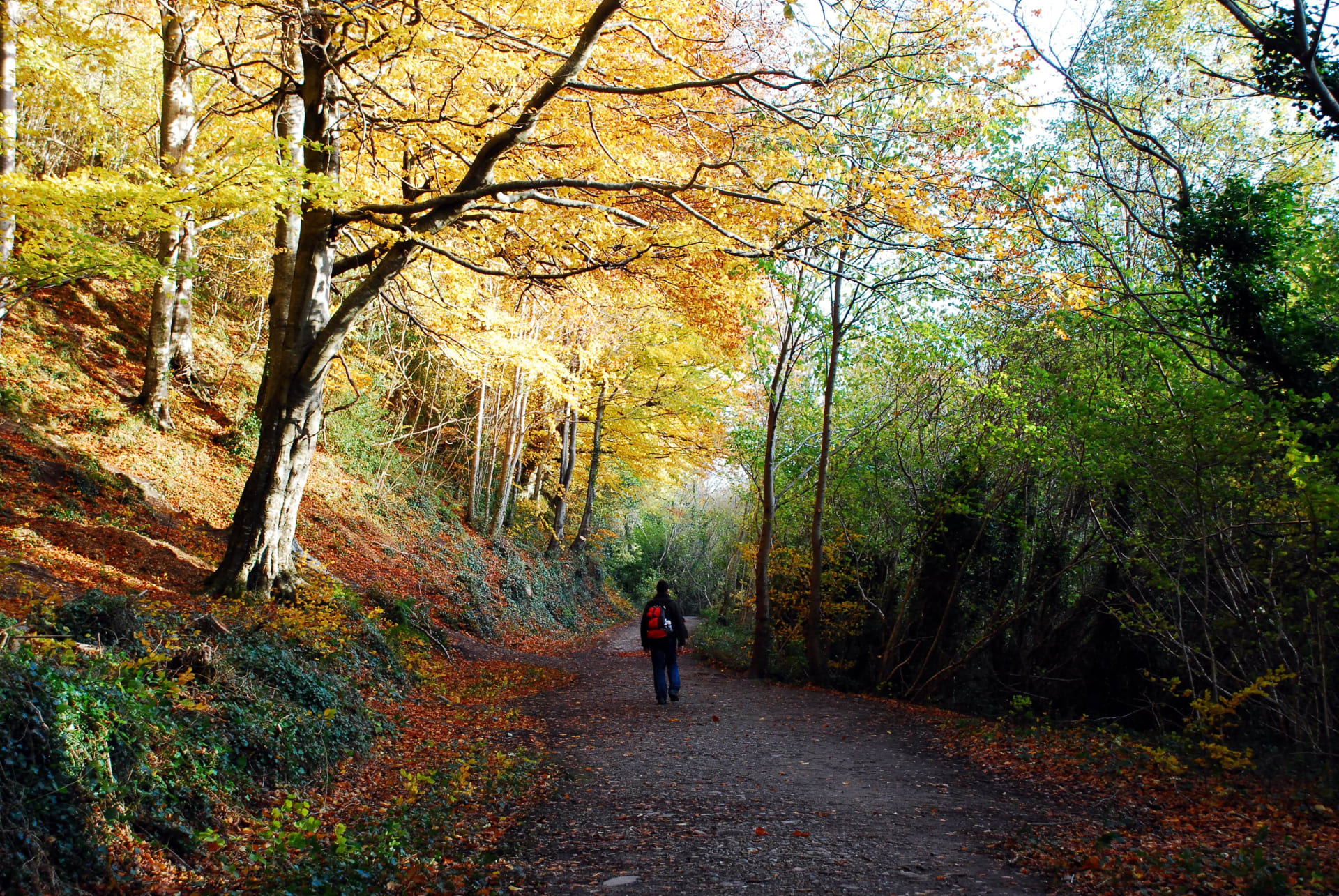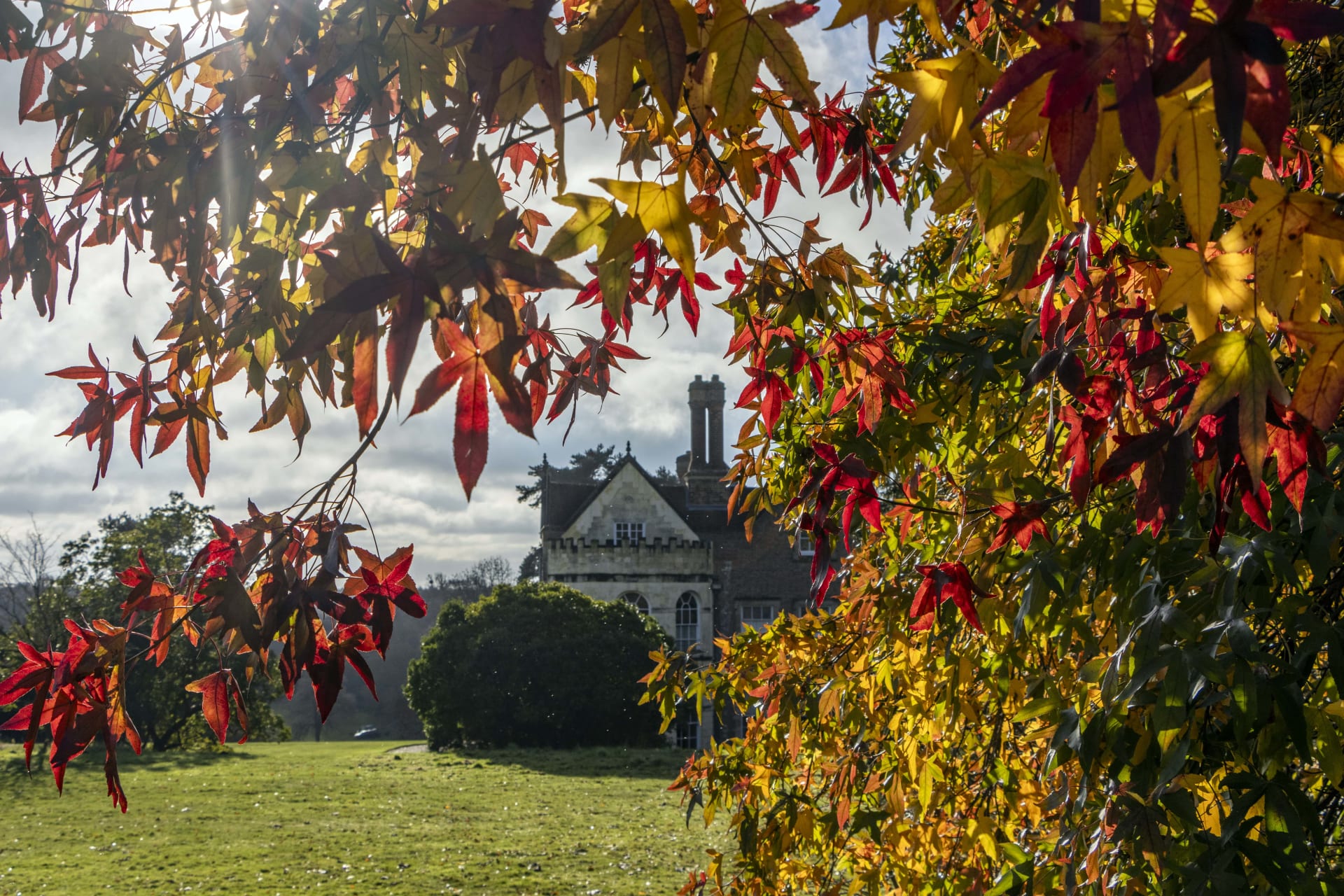King Charles III has long held a deep love for gardens, a passion that began when he was just a young boy. While he certainly has a slew of royal duties to fulfil before he can trade his crown for a gardening hat, he still makes time to dig in the dirt. In addition to his intense devotion to nature, he made a heartfelt confession, stating that Highgrove is a minimal attempt to heal the soil, the landscape, and our souls. (A hopeless romantic, we'd say).
If the King can squeeze in some time for his favourite pastime, what's stopping you? Maybe it's that pesky full-time job that drains every drop of energy out of your soul, but let's be honest – it would be downright absurd to live a life detached from the things that bring you joy and ease your mind.
Gardening has become a refuge for many, serving as the ultimate antidote to bad moods and phone mania. It ultimately reminds us how beautiful life is when we live it truly. This article aims to discuss the things that are sure to help your plants live longer while also highlighting the issues that can brutally or slowly kill your greenery kingdom.
Gardens' best friends
Even paradise needs a little upkeep. A garden’s best friends are the sun, rain, and you, a conscious gardener who takes care of a myriad of details, dedicating time, patience, and creativity.
Quality soil
Successful gardening is rooted in high-quality soil.
Soil is a complex ecosystem that serves as a lively interaction between structured solids, living microorganisms, plant roots, air, water, and nutrients. Amending your soil with organic matter seems to be the ultimate solution for soil health, and there isn't a philosophy behind it. Dig in between 1 to 3 inches of specific natural materials into the top 6 to 12 inches of the garden bag. In case you were curious about what makes organic soil amendments so nutritious, well, generally, it's shredded leaves, peat moss, aged/dried animal manures, and humus.
As for soil protection, organic mulching is the best.
Good Drainage
Good drainage is the key element of any flourishing garden, as sprucing up a landscape can be entirely pointless if it erodes or drowns due to inappropriate drainage. A good drainage system comes with countless benefits, factors that are simply vital if you don't plan on becoming a serial plant killer. Well, plant death caused by improper drainage isn't exactly common. Still, an inadequate system can definitely deprive plants' roots of oxygen, ultimately obstructing their capacity to absorb nutrients and causing real stress. It's essential to maintain a good drainage system, mainly because:
- It prevents water accumulation and soil erosion.
- It impedes clogs and slow drains.
- It reduces foul smells and pests.
Practical tools
When defining a new garden or landscape design, it's easy to focus on planning pants, gloves, rakes, spades, hoes, and hoses, forgetting something that's at least as necessary – the plant pots. They go a long way in improving soil drainage and extending the growing season. For example, in colder climates, pots can be an effective way to move your greenery indoors or to a more protected area. In this manner, you can cultivate tender annuals, and why not experiment with year-round edible gardening, as well?
Moreover, we cannot forget about aesthetics, as flower pots can significantly add depth and interest to your overall design. Just imagine what a Japanese anemone or an Iceberg rose would look like in a pink pot. Or think of cyclamens and peonies living in baby-blue flower pots. Isn't it marvellous?
Gardens' enemies
Did you think you're the only person in the world dealing with nosy rivals? Well, even plants have to feed off hungry bugs and sneaky weeds trying to steal their spotlight. Now, after we've discussed garden must-haves, it's time to shift our focus on the things that you should never have in your garden.
Invasive and toxic plants
Even though invasive plants may seem pretty at first glance, they can cause serious environmental threats by outcompeting native species for water, soil nutrients, and space. Due to their aggressive root systems that spread long distances from a single plant, they can cause real damage or disturbance to many areas.
In short, invasive species can displace, weaken, or kill desirable plants. Some common examples of invasive plants are Lantana camara, Japanese knotweed, English Ivy, Chinese wisteria, and Garlic mustard.
Toxic plants contain one or more poisonous parts that, when ingested or touched, can cause real harm to pets, children, and even adults. Although the historical use of toxic plants was found both intriguing and fascinating by many due to their stories that involve witchcraft, murder, capital punishment, hunting, medicine, and religious and recreational purposes, they do not belong in your garden. The most popular toxic plants are Poison ivy, Oleander, Foxglove, Lily of the Valley, and Hemlock.
Plastic garden decorations
Plastic items are recognised as emerging contaminators worldwide, and they generally have adverse effects on soil health and plant development. According to a study from 202, which was published in the Proceedings of the Royal Society, the presence of microplastics is very harmful, manifesting in alternations in both soil fauna and root or shoot growth. Moreover, plastic items tend to break down over time, leaching noxious chemicals into the soil and poisoning groundwater.
You can anytime opt for more sustainable, eco-friendly décor such as:
- Hand-carved basalt stone sculptures.
- Reclaimed wood bench.
- Mosaic birdbath from recycled tiles.
Weeds
Weeds are the cunning thieves of the garden, sneaking in uninvited, stealing nutrients, inhibiting growth or nearby plants, and staging a full-scale takeover. The most common disadvantages of weeds in the garden are:
- They compete for resources, such as water, light, nutrients, and space.
- They harbour pests and diseases, serving as shelters for insects and bacteria.
- They reduce crop quality, altering both the plant's appearance and taste.
Final Thoughts
If you are curious about your soul's true shades, they say a garden is a reflection of the soul. The diversity of heights, textures, and colours you're about to use in your garden can offer you valuable insights into your spirit and personality.
What do you think? Are you ready now to have a realm of botanicals of your own?








